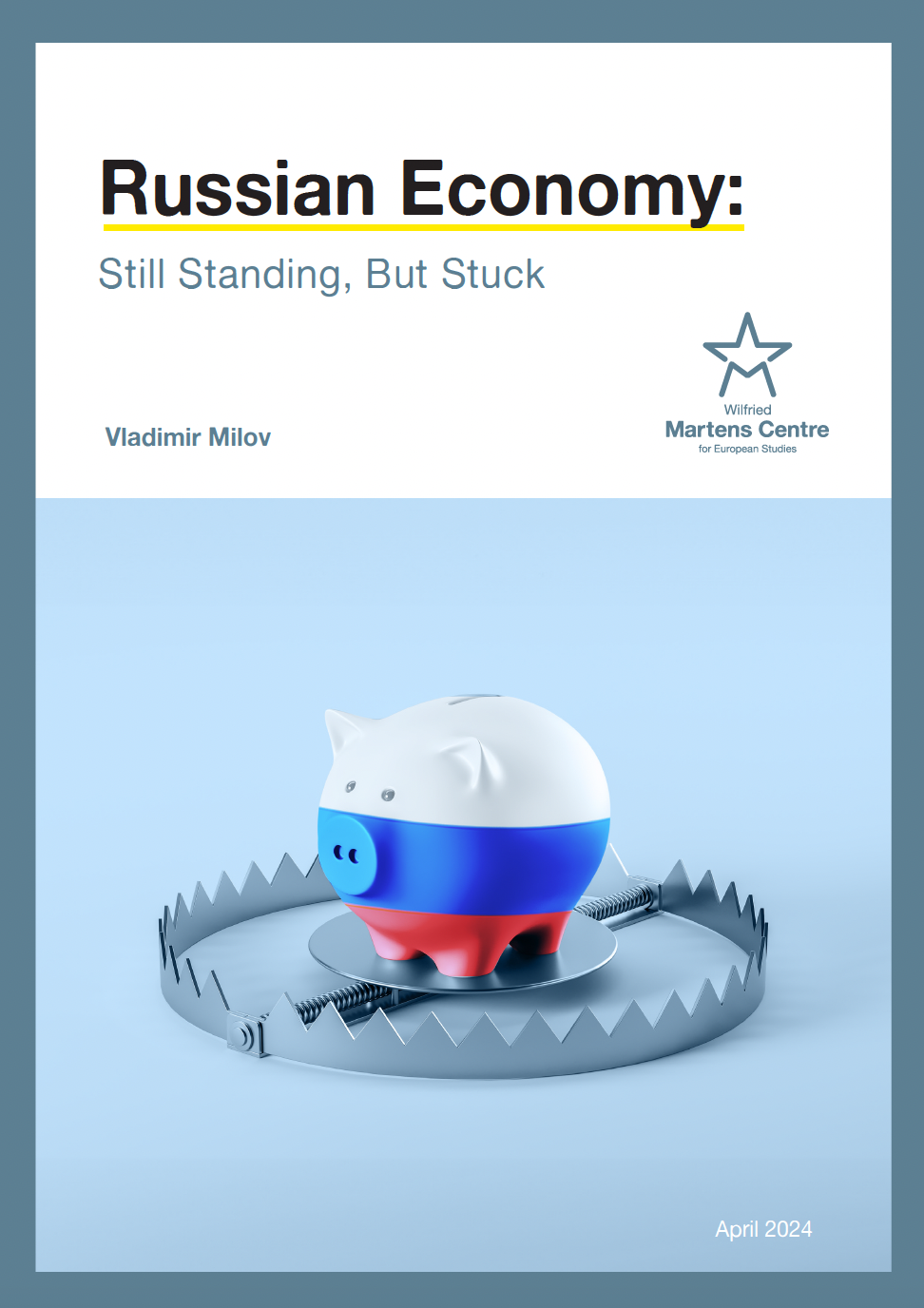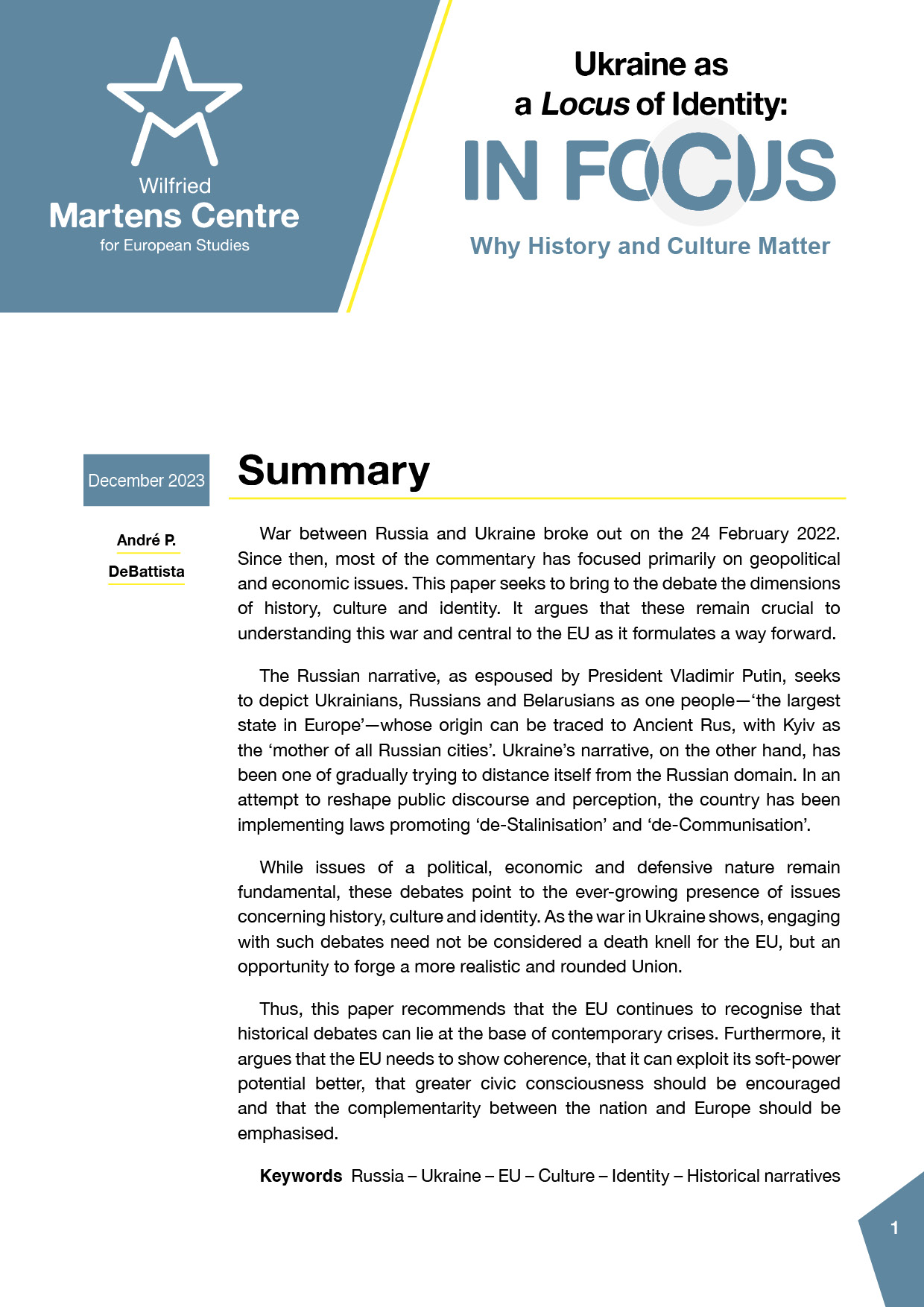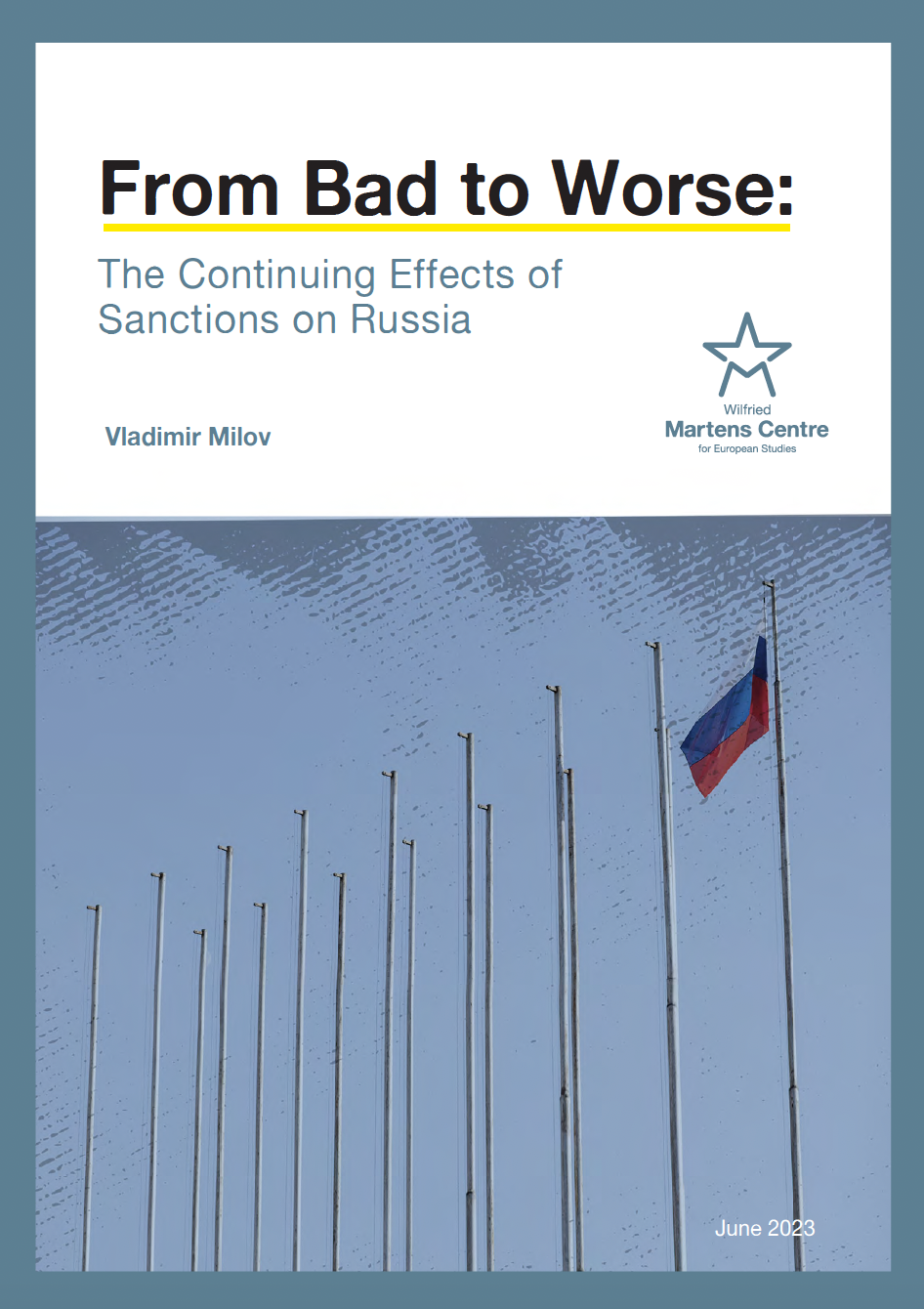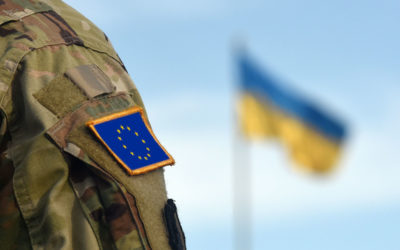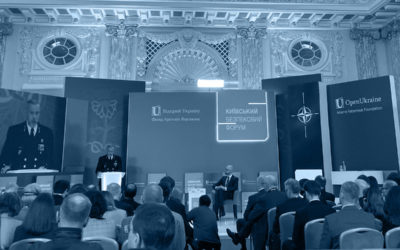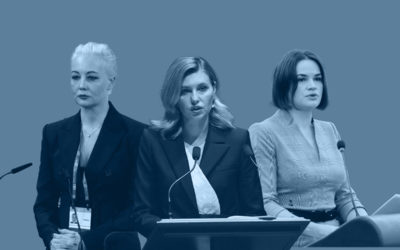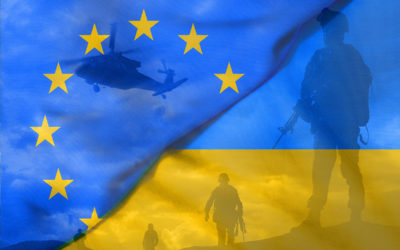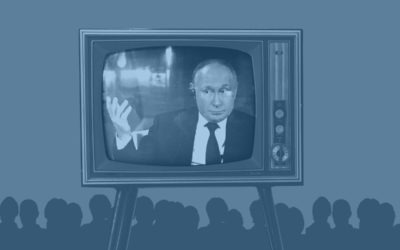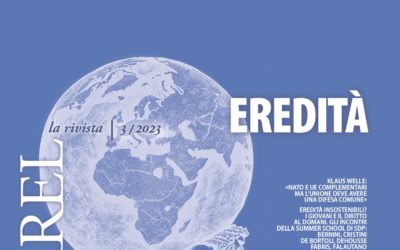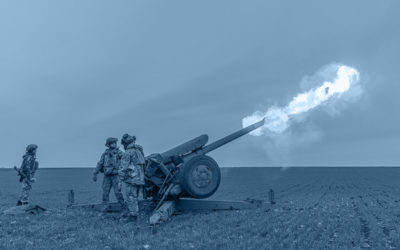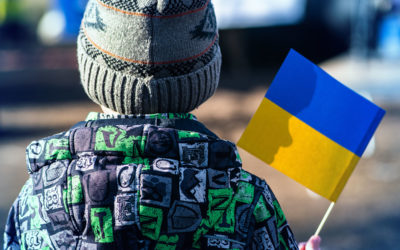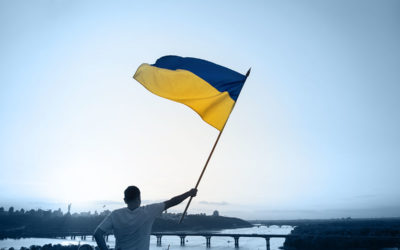Deportations, abductions and forced Russification – the fate of Ukraine’s Children of War
28 March 2023
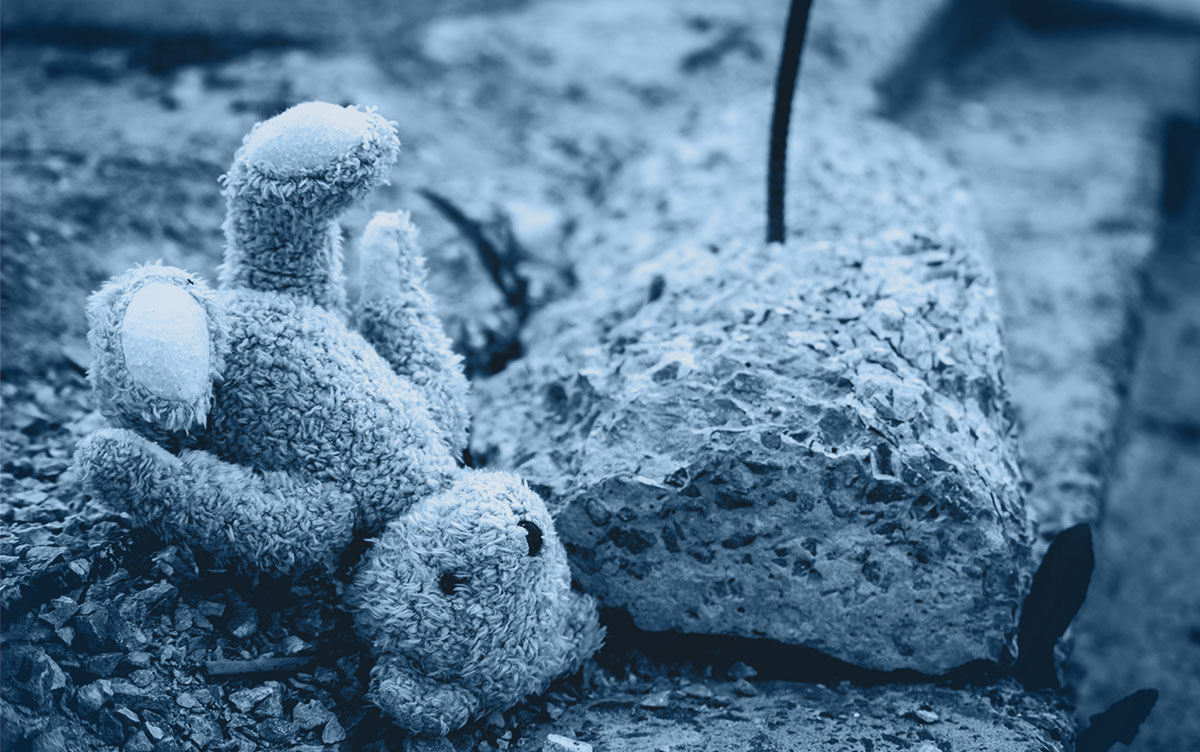
Vladimir Putin might be nostalgic for the Czarist Russian Empire, but that has not stopped him from taking a page from Stalin’s playbook. Since he began the full-scale invasion of Ukraine, on February 24th 2022, the Russian political and military leadership have been accused of a number of war crimes. These include, but are not limited to, indiscriminate attacks on civilians, torture and rape.
But while the whole world was focused on the atrocities of Bucha and Irpin, a more “invisible” war crime was taking place – forced deportations of Ukrainians from the occupied territories, and the abduction of Ukrainian children on an industrial scale, which earned the Russian Federation’s President an arrest warrant, issued by the International Criminal Court. But let us take a step back and analyse the Russian deportation phenomenon and the twisted ideological reasons behind it.
In 1940, when the Red Army annexed territories in eastern Poland, about 250,000 Poles and thousands of Ukrainians and Belarusians were deported to Siberia and to Asia in order to remove the most active populations from the annexed territories. In 1941, after insurrections that followed the Baltic States’ annexation, the Soviet central apparatus decided to deport groups of Lithuanians, Estonians and Latvians: about 48,000 people were sent to Siberia.
The deportations were followed by the relocation of ethnic Russians to these territories. The goal was always the same – weaken the national sentiment of the populations living in the occupied territories, remove the threat to the regime and proceed with the russification of the people living in the then-USSR.
After the fall of the Soviet Union, many ethnic Russians who were relocated to other Soviet republics remained there, even after these countries declared their independence. This in part allowed Vladimir Putin to use the Karaganov Doctrine, which states that Moscow should position itself as the defender of the human rights of ethnic Russians living in the “near abroad”. This was done for the purpose of gaining political influence in these regions. Russia’s illegal annexation of Crimea and support to the Donetsk People’s Republic and the Luhansk People’s Republic were carried out following this playbook.
Before invading Ukraine in early 2022, Moscow had been slowly but steadily distributing Russian passports to Ukrainians living in the regions of eastern Ukraine under Russian control. According to Russia’s Interior Ministry, more than 527 000 people have been granted Russian citizenship between 2019 and 2021.
But with the full-scale invasion and the subsequent resistance from local populations, many Ukrainians were forcefully deported. While Russian authorities claim that these are war refugees who willingly decided to flee to Russia, the reality is quite different. In the first six months of the war, 1.5 million people were forced to board buses headed to filtration camps. In these camps, refugees endured intense interrogation, often facing verbal abuse, threats, or physical violence. They were then sent to temporary accommodation centres, some as far as 7,000km from their homes.
Those detained, or “filtered out”, include Ukrainians deemed threatening because of their potential affiliation with the Ukrainian army, media, government, and/or civil society groups. Considering that all humanitarian evacuations should be voluntary, safe and informed, and given the coercive environment in which these evacuations to Russia took place, we can say without a doubt that the Russian Federation is committing the international crime of forcible transfer of population.
What earned Putin an international arrest warrant, however, was the forceful transfer of children in particular.
According to Ukrainian officials, more than 16,000 Ukrainian children have been forcibly deported to Russia or Russian-controlled Ukrainian territories, with only 300 returning to Ukraine thus far. This number includes children separated from their parents, with no identification nor information on the location of their family and children from orphanages and care institutions.
Once in Russia, they are enrolled in local schools and sit through classes that include revisionist history lessons, while being forced to go through psychological “rehabilitation”. Additionally, legislative amendments have been initiated in the Russian Federation to make it easier for such children to acquire Russian citizenship or to be adopted by Russian families, which would violate the Geneva Convention prohibiting the change of a child’s personal status, including its nationality.
Along with the arrest warrant for Putin, Maria Lvova-Belova, the mastermind behind the use of camps for ‘integrating’ Ukraine’s children into Russia’s society and culture, is also wanted by the ICC. However, the political and military elites are not the only players to be blamed for war crimes. Russian religious leaders continuously support Putin in the monstrosities suffered by the Ukrainian people.
To gather and track information about abducted children, the Ukrainian government has established a platform, “Children of War”. Additionally, Ursula von der Leyen, in partnership with the Ukrainian authorities and the Polish Prime Minister Morawiecki, announced the launch of an initiative working towards the goal of returning abducted Ukrainian children to their home country. However, ensuring that the enablers of all these war crimes are brought to justice remains equally important. The international community, with the EU at the forefront, should take all the necessary steps to bring the perpetrators to trial and re-establish the rules-based international order. Russia has gone to great lengths to try and delete Ukraine, its population and its national identity, including stealing the country’s future – its children – and for that, it cannot go unpunished.
ENJOYING THIS CONTENT?






